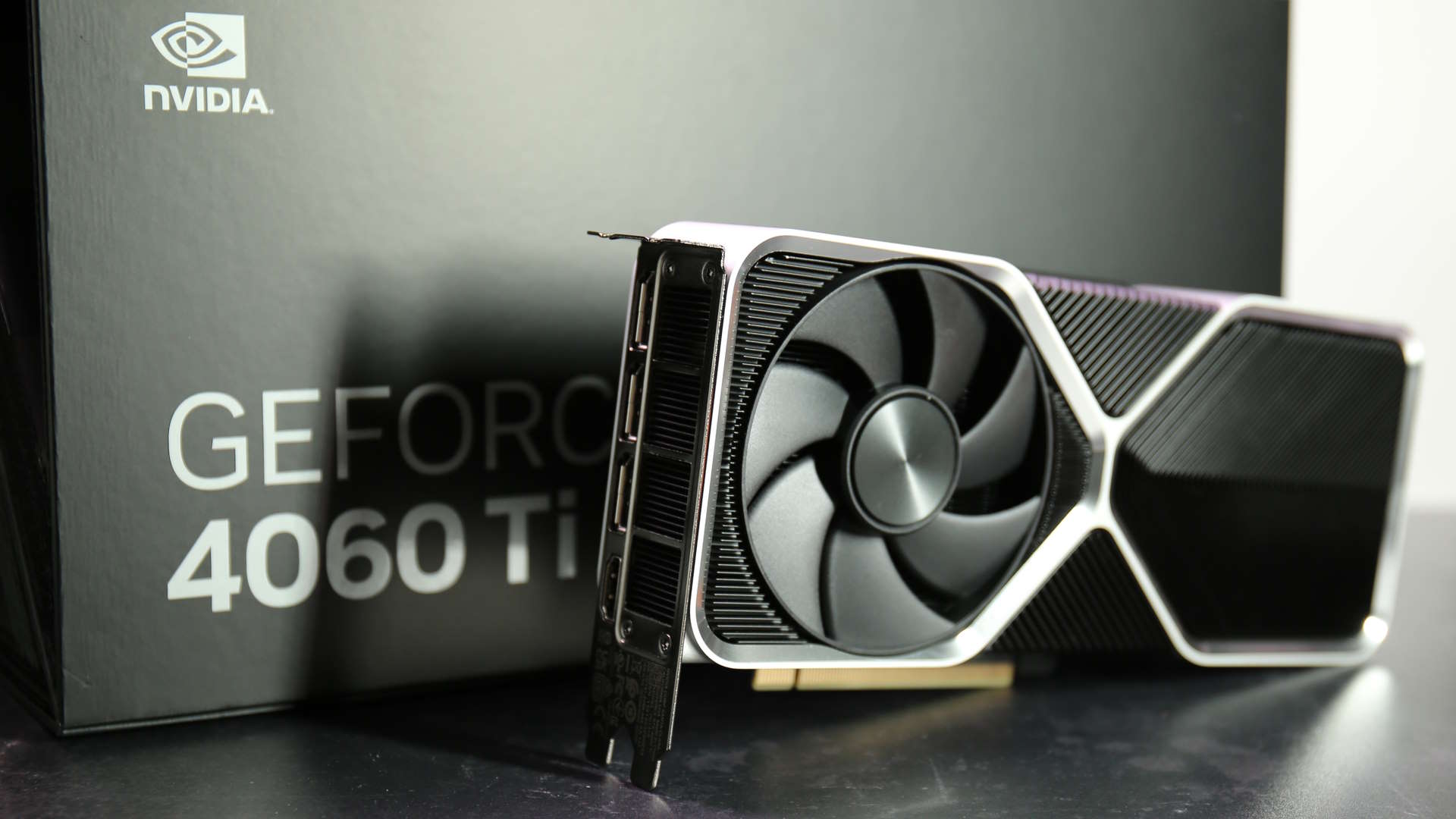Nvidia's mainstream GPUs might increase in price worldwide, as the demand in China outstrips supply
You might want to wait until Battlemage and RDNA 4 are launched before getting a new graphics card.

Graphics card prices have been a contentious issue these past few years, with PC gamers having to cough up increasingly more money for a new GPU, thanks to inflation, fabrication cost rises, inventory restrictions, and a general lack of competition in the market.
Reports from China claim that Nvidia's add-in board (AIB) partners are set to raise their prices by around 10% on average, especially those in the mainstream segment, as demand for affordable graphics cards outweighs the supply of them.
News of the impending price hike came from IT House, citing unnamed 'industry sources' for the information. Graphics cards such as the RTX 4070 Super from the likes of Asus, Gigabyte, and Zotac have seen an additional 100 yuan or so being added to the price tag, but as such GPUs typically sell for around 4,900 yuan, it's not a major increase.
However, moving further down the range, Nvidia's RTX 4060 models and the recently updated RTX 3050 line up have also gone up in price by up to 50 yuan, and given that those cards have lower overall prices, the increase represents a larger percentage change, although it's still quite small.
It's not entirely clear from the report as to whether the 10% price increase has already taken place or if it's something that's going to happen over the next few months. IT House does claim that Nvidia has been limiting the supply of new chips for the RTX 4060 Ti to keep prices up, as the previous inventory of GPUs has been exhausted.
Now, before you think that this is just China and the rest of the world won't see any price increases, that's almost certainly not going to be the case. It's estimated that China has over 300 million PC gamers and while the figure isn't expected to change significantly over the coming years, it's still a sizable number of customers who will be wanting to upgrade their PCs with one of the latest GPUs.
So with AIB partners struggling to keep that particular market fed with shiny new graphics cards, there's a good chance it will affect prices in other regions. I don't expect Nvidia's mid-range GPUs to suddenly jump by $50, but I wouldn't be surprised if some of the overclocked models do go up quite a bit.
The biggest gaming news, reviews and hardware deals
Keep up to date with the most important stories and the best deals, as picked by the PC Gamer team.

Best CPU for gaming: The top chips from Intel and AMD.
Best gaming motherboard: The right boards.
Best graphics card: Your perfect pixel-pusher awaits.
Best SSD for gaming: Get into the game ahead of the rest.
There's no word as to whether AMD will do the same, but given that its share of the GPU market is a fraction of the size of Nvidia's, I think it'll be safe to assume that Team Red won't add a few more dollars, pounds, etc to its labels. If anything, we may see some Radeon cards, especially those under the $500, come down in price to tempt more PC gamers to get an RDNA 3 GPU.
The Radeon RX 7800 XT is the best sub-$500 graphics card you buy right now and it's perfect for 1440p gaming. There's not much competition in the GPU market but at least you can get some great pixel pushers without having to remortgage a kidney or three to get one. Let's hope the forthcoming RDNA 4 and Battlemage chips from AMD and Intel give things a good shakeup.

Nick, gaming, and computers all first met in 1981, with the love affair starting on a Sinclair ZX81 in kit form and a book on ZX Basic. He ended up becoming a physics and IT teacher, but by the late 1990s decided it was time to cut his teeth writing for a long defunct UK tech site. He went on to do the same at Madonion, helping to write the help files for 3DMark and PCMark. After a short stint working at Beyond3D.com, Nick joined Futuremark (MadOnion rebranded) full-time, as editor-in-chief for its gaming and hardware section, YouGamers. After the site shutdown, he became an engineering and computing lecturer for many years, but missed the writing bug. Cue four years at TechSpot.com and over 100 long articles on anything and everything. He freely admits to being far too obsessed with GPUs and open world grindy RPGs, but who isn't these days?

